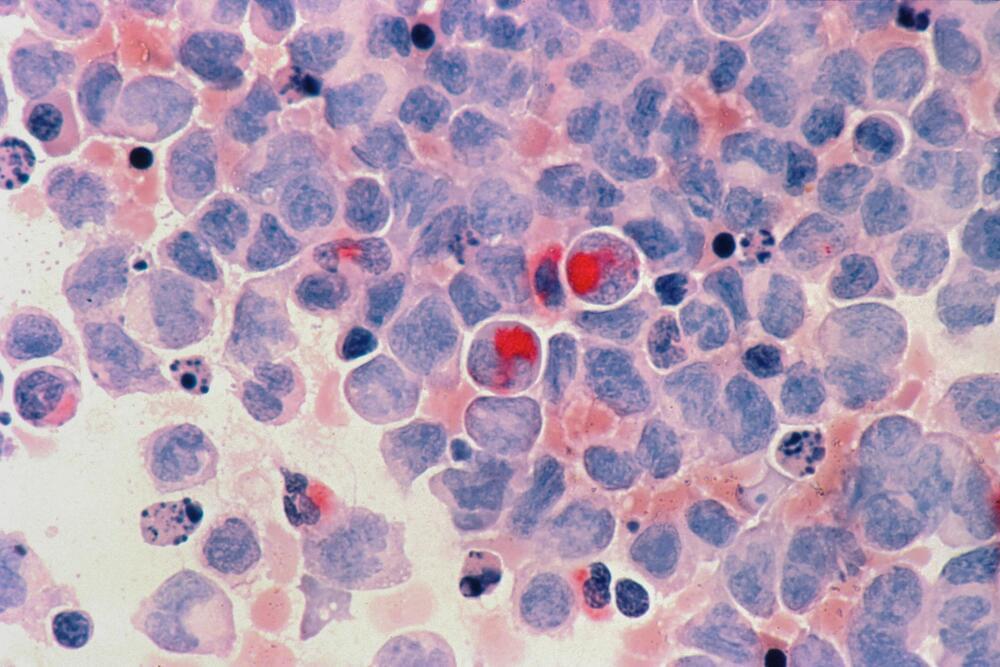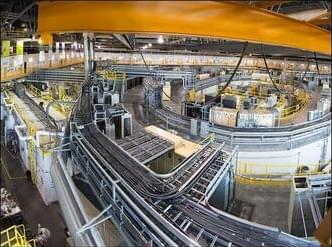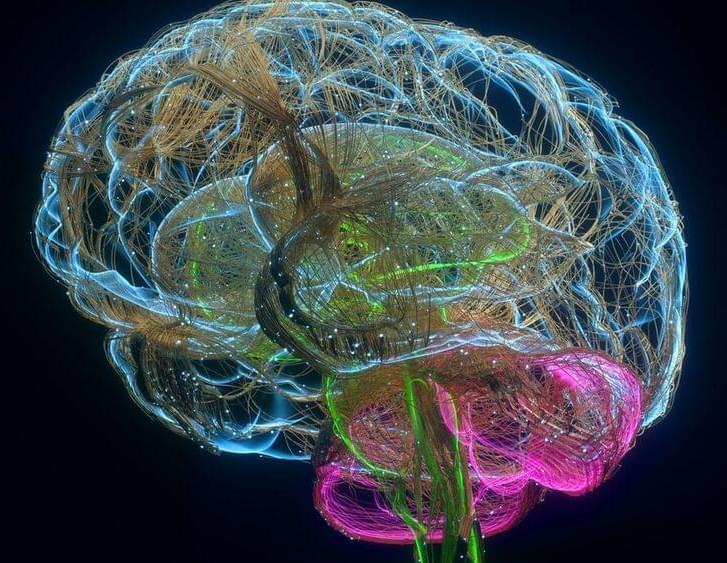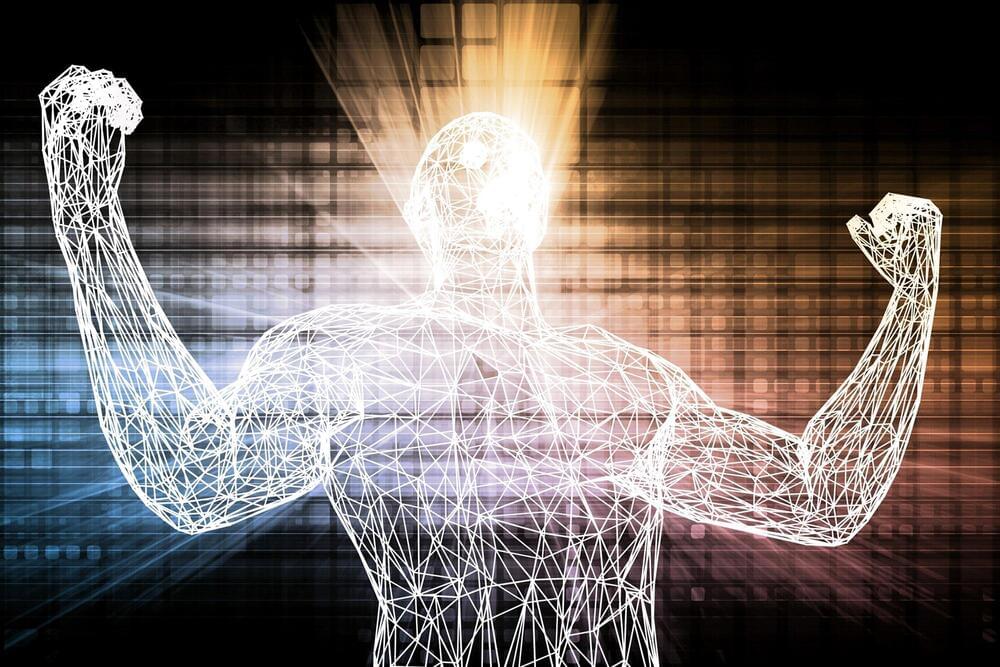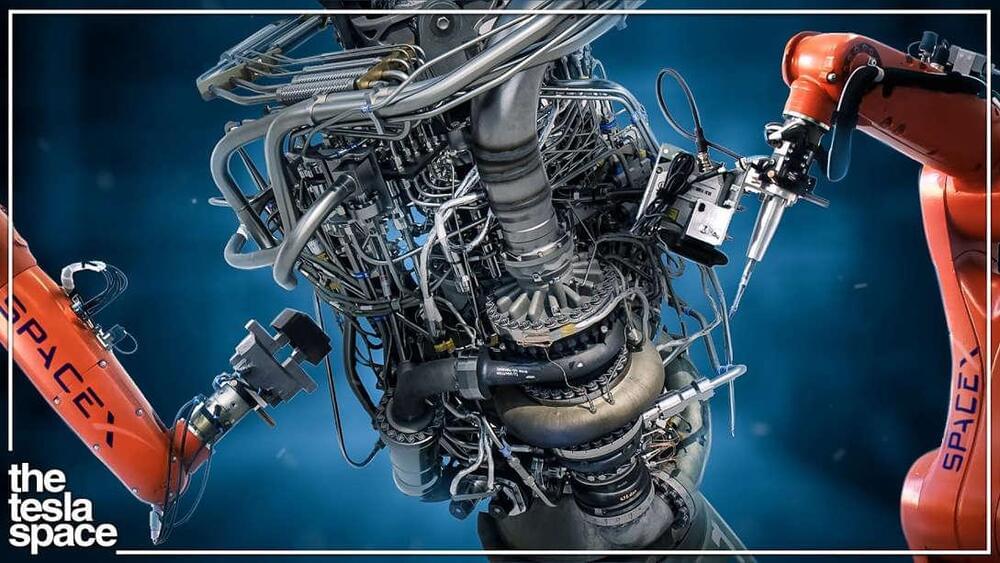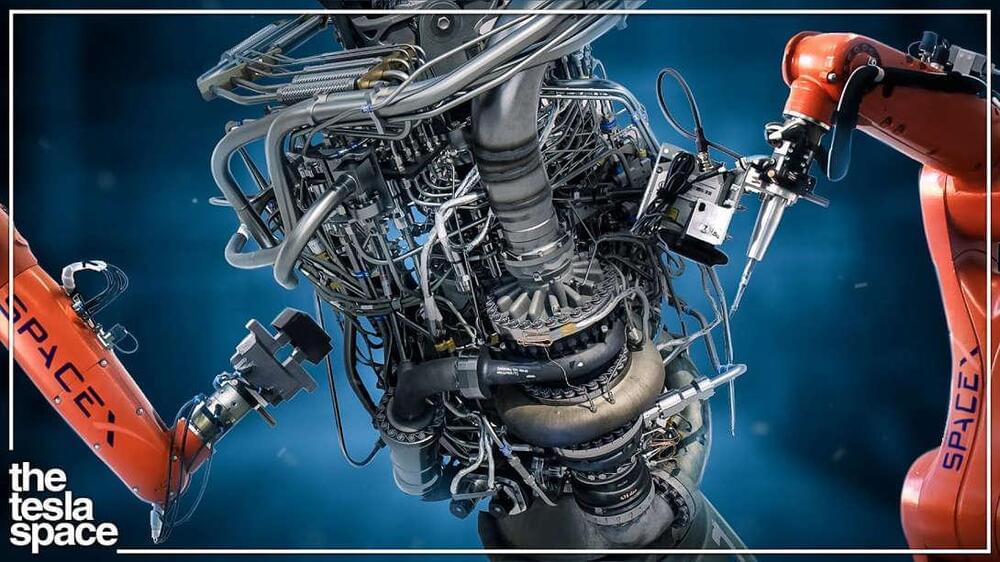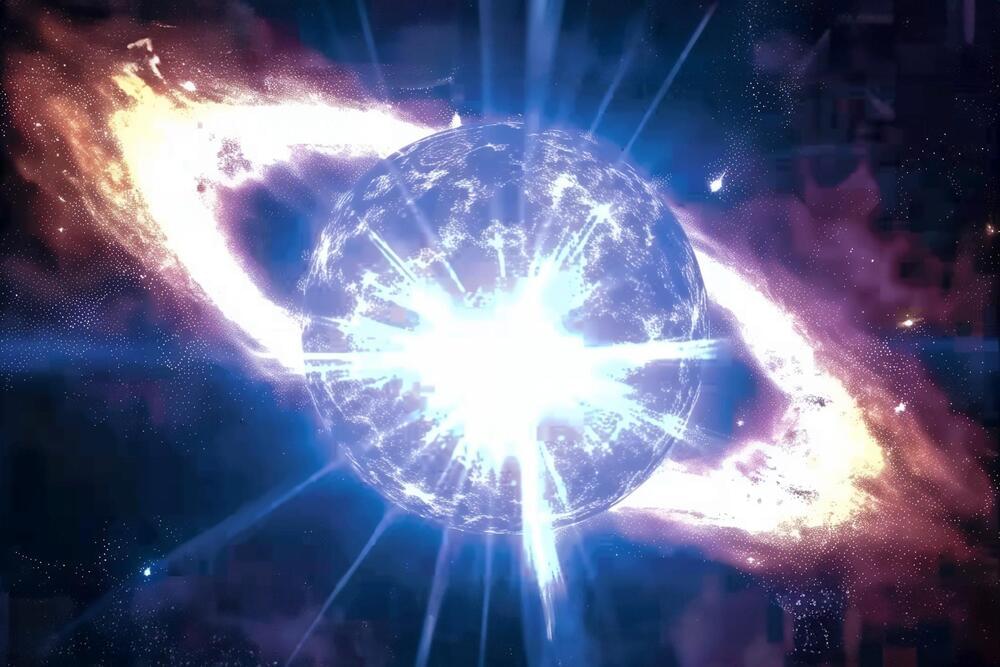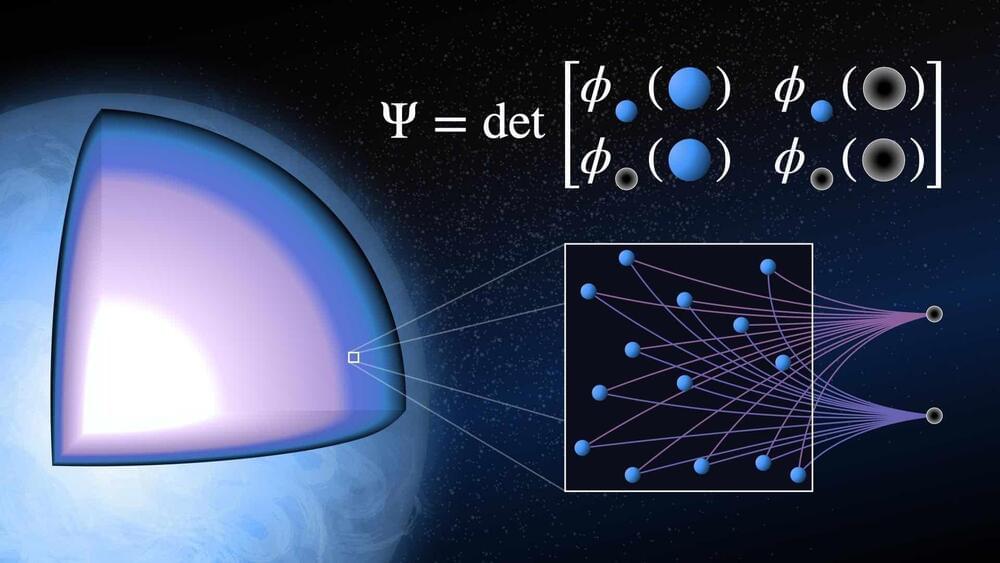How much does sulfur emitted by marine life cool the atmosphere and help mitigate the effects of climate change? This is what a recent study published in Science Advances hopes to address as an international team of researchers conducted a first-time numerical analysis regarding the amount of sulfur is emitted by marine life and how much it cools the climate, with an emphasis on the Southern Ocean. This study holds the potential to help researchers, climate scientists, and the public better understand how the planet cools itself, thus enabling us to work together to protect it.
“This is the climatic element with the greatest cooling capacity, but also the least understood,” said Dr. Charel Wohl, who is a senior research associate at the University of East Anglia and lead author of the study. “We knew methanethiol was coming out of the ocean, but we had no idea about how much and where. We also did not know it had such an impact on climate. Climate models have greatly overestimated the solar radiation actually reaching the Southern Ocean, largely because they are not capable of correctly simulating clouds. The work done here partially closes the longstanding knowledge gap between models and observations.”
For the study, the researchers produced a database of ocean methanethiol concentrations with the goal of estimating their produced emissions and how this contributes to ocean-derived aerosols that are responsible for cooling the planet. In the end, the researchers discovered that methanethiol emissions increase the aerosol amount between 30 to 70 percent over the Southern Ocean while simultaneously decreasing atmospheric oxidants and increasing planetary cooling. The Southern Ocean is located around Antarctica and serves as a staging ground for the world’s oceans, influencing their circulation.

